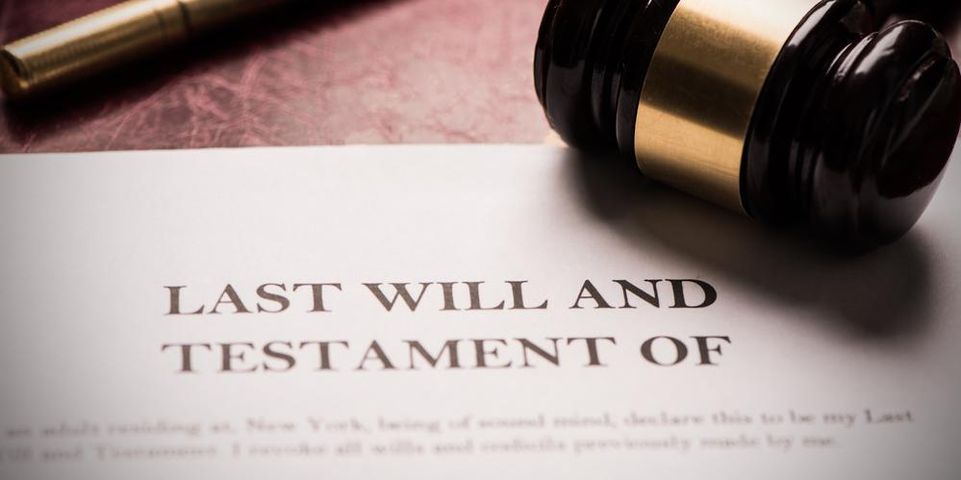Estate Planning Attorney Explains the Crucial Role of an Executor

Choosing the executor of a will is one of the most important decisions made during the estate planning process. They will be entrusted with the deceased’s assets and must carry out many responsibilities as stated in the document, so it’s essential to select someone who can handle the role. Attorney Debra A. Brown in Torrington, CT, provides complete estate planning guidance and explains the job of the executor to help you make a choice.
6 Tasks Handled by an Executor Under Estate Planning
1. Locating Assets
The executor of an estate must find all the decedent’s assets and keep them safe until it’s time to distribute them. This process might include determining what property is appropriate to sell and keep.
2. Managing Probate
Wills often must go through probate, the legal process that proves the document’s validity, before assets can be dispersed to the decedent’s beneficiaries. The executor of the will is in charge of filing it with the probate court.
3. Wrapping up Financial Affairs
 There usually are many personal finance tasks to complete after someone dies, such as canceling their credit cards, calling insurance providers to claim death benefits and cancel policies, and transferring utilities out of their name. An executor will handle these chores as well as notify the Social Security Administration and financial institutions of the decedent’s death.
There usually are many personal finance tasks to complete after someone dies, such as canceling their credit cards, calling insurance providers to claim death benefits and cancel policies, and transferring utilities out of their name. An executor will handle these chores as well as notify the Social Security Administration and financial institutions of the decedent’s death.
4. Contacting Heirs
An executor must reach out to all heirs listed in a will. If any beneficiaries moved after the drafting of the document, the executor must locate them for asset distribution purposes.
5. Paying Financial Obligations
If a decedent owes taxes or has other outstanding debts, the executor must set up a bank account for the estate. They will settle all financial obligations using these funds.
6. Distributing Property
One of the final jobs of an executor is to distribute the decedent’s assets to the designated heirs. They will allocate property according to the will’s specifications and maintain a record of each transaction.
Creating a will and designating an executor are critical to ensuring your assets will be handled as you wish after your death. When you work with an estate planning attorney, they will confirm the paperwork is correct. In Connecticut, contact Debra A. Brown at (860) 496-7717 to arrange a consultation. Visit her website for more information about her practice areas, including trusts, powers of attorney, and living wills.
About the Business
Have a question? Ask the experts!
Send your question

